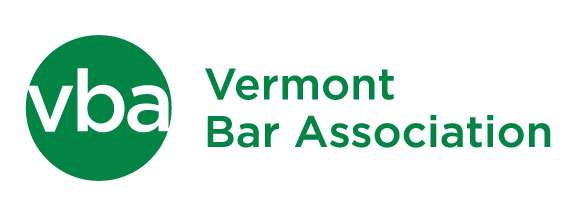01-08 An attorney serving as a mediator for the Environmental Court may contact litigants to discuss the mediation process and the benefits of mediation.
00-04 A lawyer’s Web site is “Advertising” within the meaning of the Rules of Professional Conduct; therefore the attorney must comply with the applicable requirements of Rules 7.1 and 7.2 concerning accuracy and record-keeping. Unless the information on the Web site is directed to persons or groups whom the lawyer knows to be in need of legal services and with whom the lawyer does not have a family or prior professional relationship, the Web pages need not include the words “Advertising Material” otherwise required by Rule 7.3(c). It is advisable for the lawyer to use carefully worded disclosures and disclaimers to clarify the purposes and value of the information on the Web site and in the lawyer’s e-mail responses to questions generated by the Web site. However, the use of disclaimers will not necessarily preclude the formation of a lawyer-client relationship and its attendant ethical responsibilities, “in” particular circumstances.
97-11 An attorney who has received a disciplinary suspension imposed by the Supreme Court is subject to the continuing jurisdiction of the Professional Conduct Board and remains bound by the Code of Professional Responsibility and the Disciplinary Rules. A suspended attorney may be employed as a law clerk, paralegal, investigator or in any capacity as a lay person, by a licensed lawyer or law firm on an hourly or salaried basis, but may not share in legal fees. Such employment should be restricted to activities that are performed for the employing attorney, as opposed to direct services to clients; must be supervised by the employing attorney; and must not be activities that constitute the practice of law; nor should the employment arrangement give the appearance to the public or to clients that the suspended attorney is permitted to practice law.
The Committee on Professional Responsibility issues this Opinion after considerable discussion and debate, which reflected differences among the Committee members on the resolution of the questions presented. Moreover, neither the Disciplinary Rules, nor other rules, orders or decisions of the Vermont Supreme Court offer specific guidance on every issue. Therefore, we emphasize that this Opinion attempts to fill the gaps in the relevant authorities, offers useful guidelines to the members of the Bar and is purely advisory.
97-05 A lawyer does not violate DR 4-l0l by communicating with a client by e-mail, including the Internet, without encryption. The use of an Internet web site to communicate with clients and prospective clients requires compliance with DR 2-l03 and DR 2-l04 relating to advertising and solicitation.
94-06 An attorney may not contact a prospective client by telephone to solicit his real estate business simply because the prospective client has advertised his property for sale as an owner/seller in the mass-media publication.
88-05 The general mailing to prospective clients of law office announcements indicating subject areas of practice is ethically permitted
87-19 The rule permitting multiple simultaneous representation only when it is obvious that an attorney can adequately represent the interests of more than one client does not permit an agency of state government to avoid resulting conflicts arising from simultaneous representation by having the Agency subordinate its interests to those of individual clients; other issues are also addressed.
85-09 A firm does not violate the Code of Professional Responsibility when it accepts as a client a person referred by the spouse of a non-lawyer employee.

